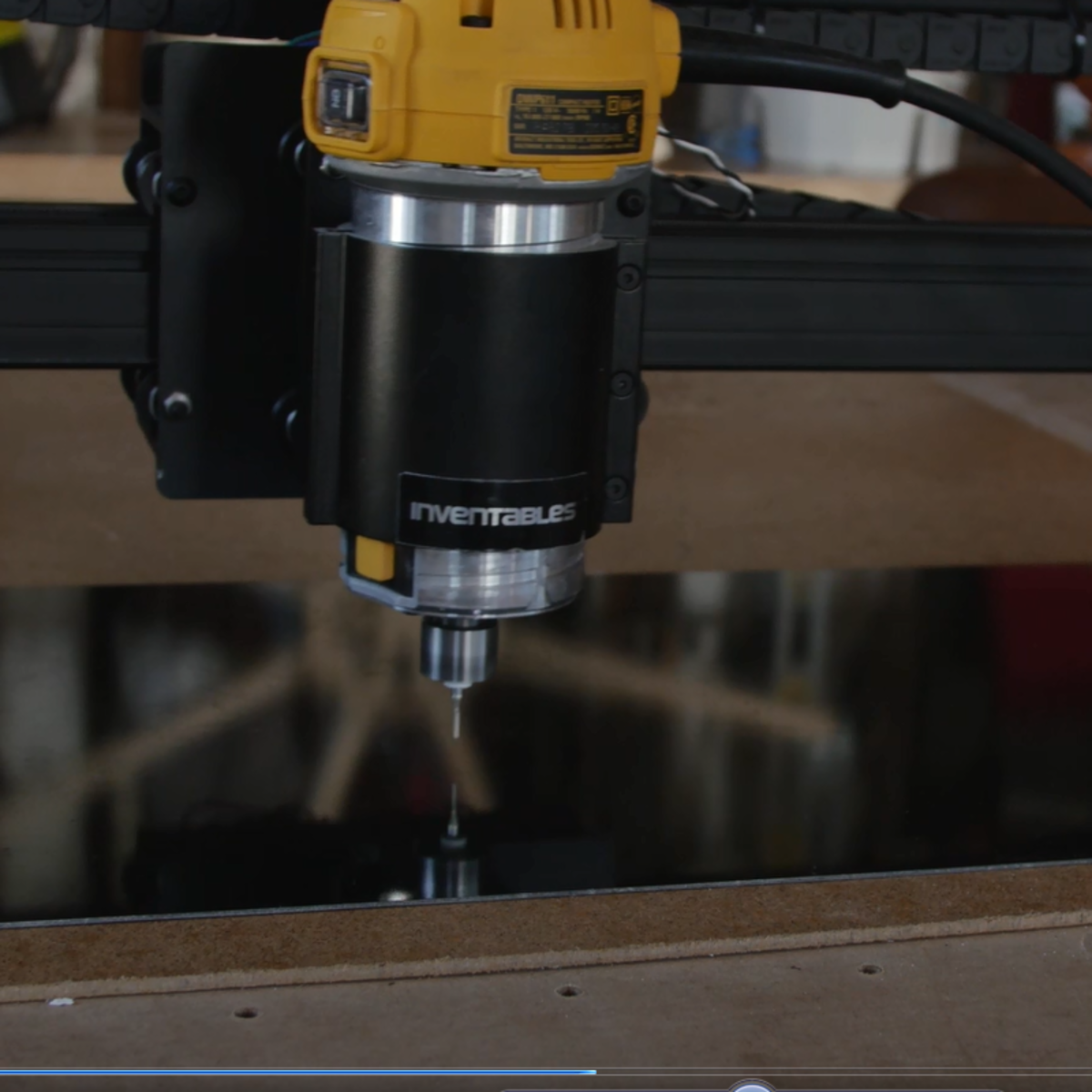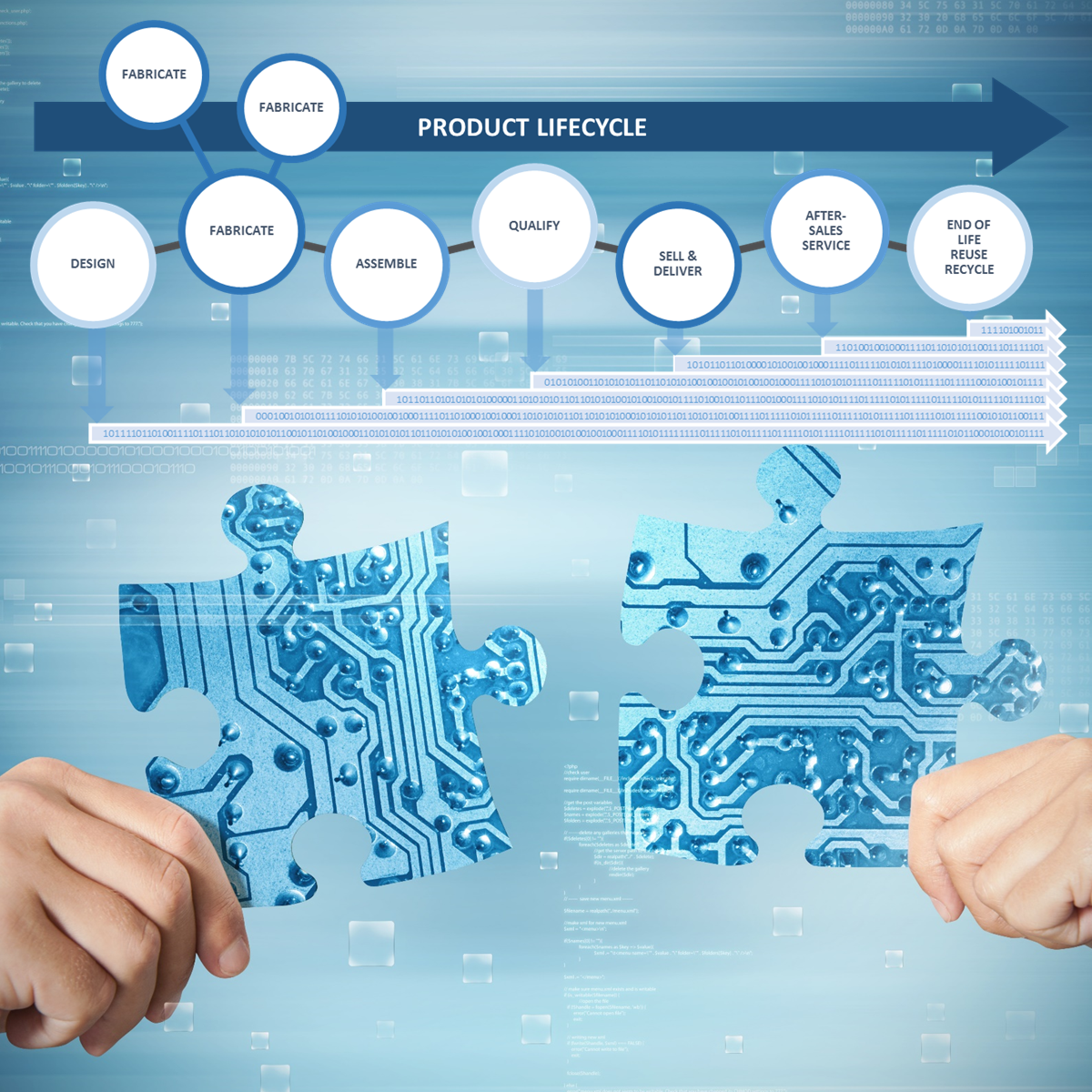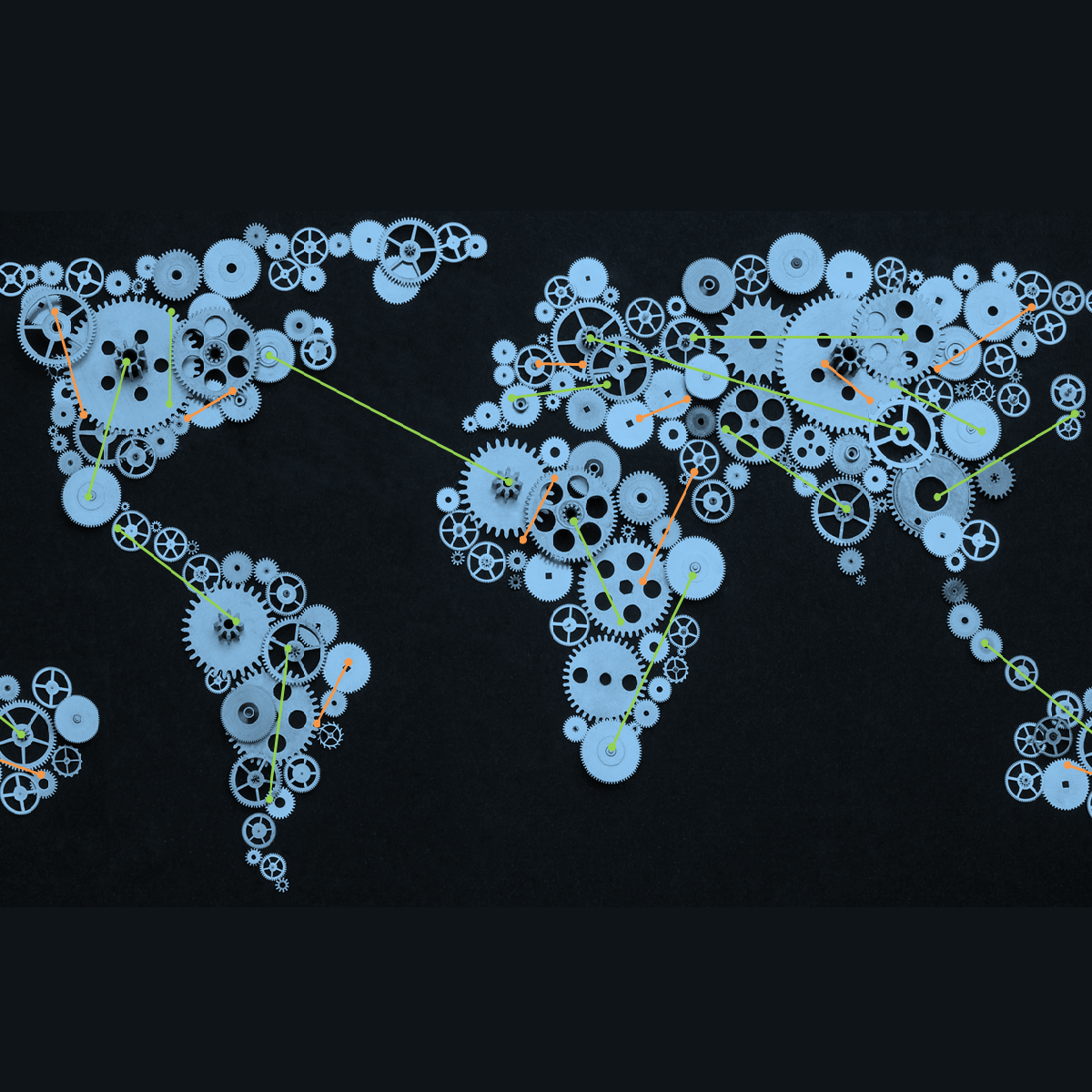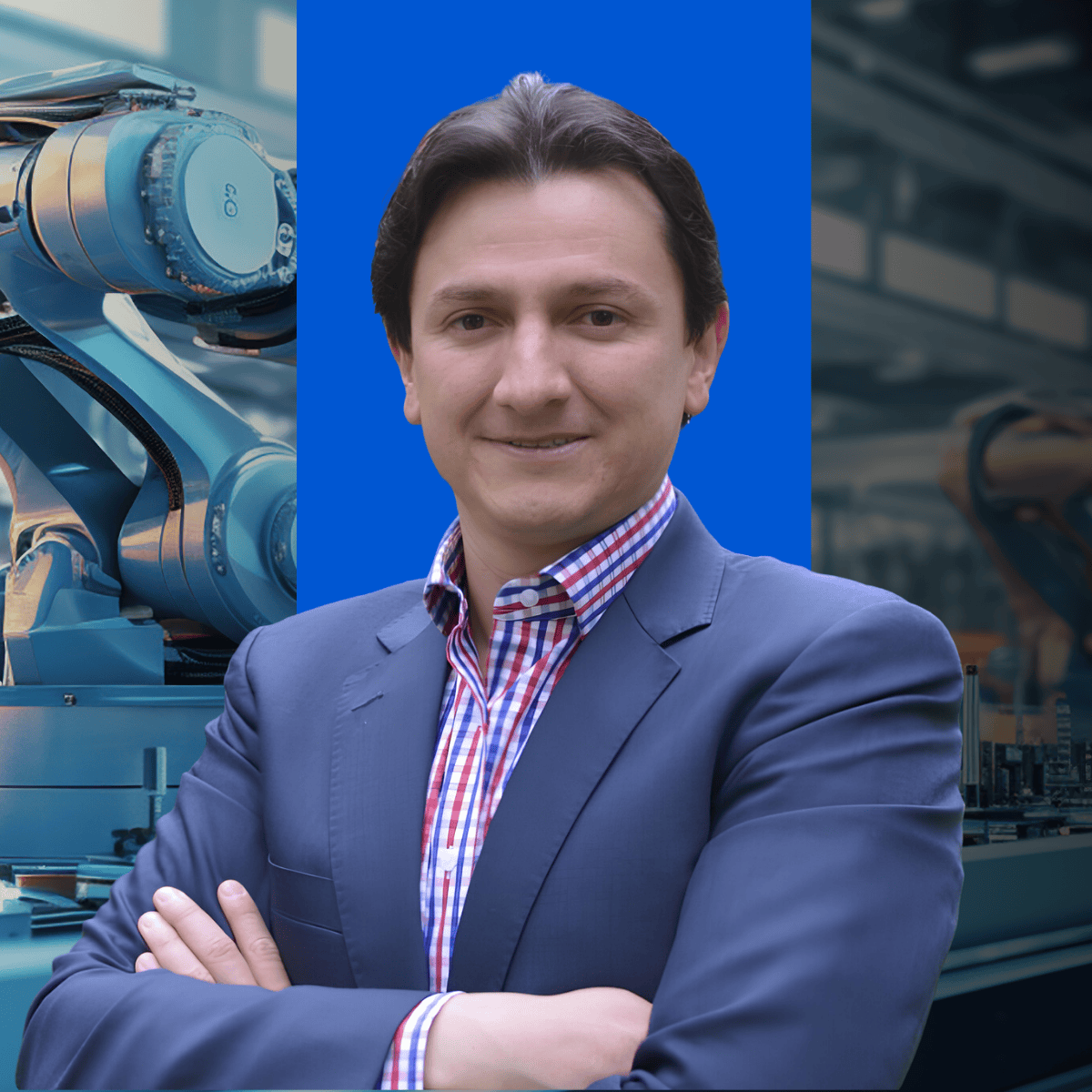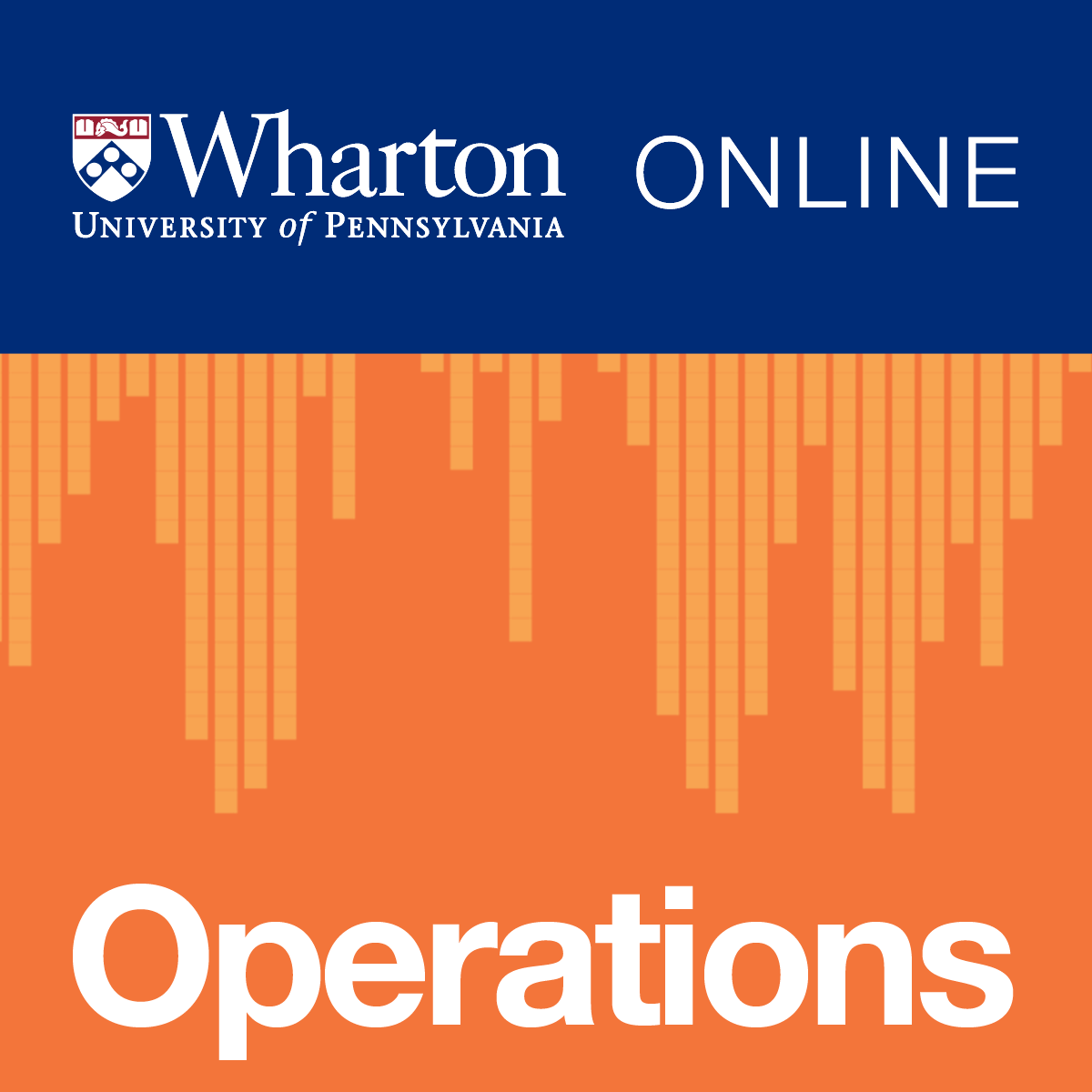Production Supervisor
A Comprehensive Guide to the Production Supervisor Career
A Production Supervisor is a critical figure in any manufacturing or industrial setting. They are the frontline managers responsible for overseeing the day-to-day operations on the production floor. Their primary role involves ensuring that production processes run smoothly, efficiently, safely, and meet quality standards. Think of them as the conductors of an orchestra, coordinating various sections – machinery, materials, and personnel – to produce a harmonious output.
Working as a Production Supervisor can be highly engaging. You are at the center of the action, directly influencing the creation of tangible products. The role often involves dynamic problem-solving, requiring quick thinking to address unexpected issues that arise during production. Furthermore, leading and developing a team, fostering a productive work environment, and seeing the results of your efforts in improved efficiency and quality can be deeply rewarding.
Introduction to Production Supervision
This section delves into the fundamentals of the Production Supervisor role, offering a clear picture of its purpose, evolution, and the environments where these professionals thrive.
What Does a Production Supervisor Do?
At its core, a Production Supervisor manages and coordinates the activities of workers engaged in production. This involves planning workflow, assigning tasks, implementing production schedules, and ensuring targets are met. They monitor the production process, adjusting schedules as needed, and work closely with maintenance teams to ensure machinery is operational.
Supervisors are also key in upholding quality standards. They inspect products and processes, identify defects, and implement corrective actions. Ensuring a safe working environment by enforcing safety regulations and procedures is another paramount responsibility. They bridge the gap between upper management's strategic goals and the operational execution on the factory floor.
Ultimately, the purpose of a Production Supervisor is to optimize production output while maintaining quality, controlling costs, and ensuring worker safety and morale. They are leaders, problem-solvers, and coordinators, essential for efficient manufacturing operations.
Understanding the flow of materials and information is crucial. Concepts like supply chain management and inventory control are part of their world.
The Evolution of the Role
The role of the Production Supervisor has evolved significantly alongside manufacturing itself. Early supervisors in the industrial revolution primarily focused on enforcing discipline and maximizing output through task management, often in harsh conditions. The focus was purely on quantity.
With the rise of scientific management principles, pioneered by figures like Frederick Winslow Taylor, the role shifted towards optimizing efficiency through standardized processes and time studies. Later, the human relations movement highlighted the importance of worker morale and motivation, adding a layer of people management skills to the supervisor's required toolkit.
Modern Production Supervisors operate in complex environments shaped by concepts like Lean Manufacturing, Six Sigma, and automation (Industry 4.0). Today's role demands a blend of technical understanding, process optimization skills, strong leadership abilities, and adaptability to new technologies and global market pressures. The focus is now holistic: efficiency, quality, safety, cost-effectiveness, and employee engagement.
These books offer insights into foundational concepts like Lean and workplace management that have shaped modern supervision.
Where Do Production Supervisors Work?
Production Supervisors are employed across a vast spectrum of industries where goods are produced. Manufacturing is the most obvious sector, encompassing everything from automotive and aerospace to electronics, consumer goods, food and beverage processing, pharmaceuticals, and chemical production.
Beyond traditional manufacturing, you can find Production Supervisors in sectors like construction materials production, energy generation (power plants), printing and publishing, textiles, and even some large-scale agricultural processing operations. Any environment with a structured production line or process requires oversight.
The specific demands of the role can vary significantly depending on the industry. Supervising food production involves strict hygiene and regulatory compliance, while supervising electronics assembly requires attention to detail regarding delicate components and static control. However, the core principles of managing people, processes, and resources remain consistent.
These courses provide foundational knowledge relevant to various manufacturing environments.
Key Responsibilities and Daily Tasks
Understanding the day-to-day activities and core duties provides a realistic glimpse into the life of a Production Supervisor.
Managing Production Schedules and Workflow
A primary responsibility is translating production plans into actionable schedules for the shop floor. This involves determining resource needs (personnel, materials, equipment) and allocating them effectively to meet daily or weekly targets. Supervisors monitor workflow continuously, identifying bottlenecks and making real-time adjustments to keep production moving.
They ensure that materials are available when needed and that production steps are followed in the correct sequence. Effective communication with planning departments and other shifts is crucial for smooth transitions and consistent output. Tools like production tracking software and visual management boards are often used.
Supervisors must balance the need to meet deadlines with the capacity of their teams and equipment. This requires strong organizational skills and the ability to prioritize tasks under pressure. Understanding workflow management principles is key.
This course delves into planning and managing manufacturing operations.
Ensuring Quality Control
Maintaining product quality is non-negotiable. Production Supervisors play a vital role in implementing and enforcing quality control procedures. This includes ensuring operators understand quality standards, conducting inspections at various production stages, and identifying non-conforming products.
They work closely with the quality assurance team to investigate quality issues, determine root causes (using techniques like Root Cause Analysis), and implement corrective and preventive actions. Training staff on quality standards and procedures is also part of their remit.
Supervisors foster a quality-conscious culture within their teams, emphasizing the importance of getting it right the first time. They may monitor key quality metrics and contribute to continuous improvement efforts aimed at reducing defects and enhancing product consistency.
Understanding quality control processes and relevant standards is essential.
Team Leadership and Coordination
Production Supervisors are leaders. They manage teams of operators, technicians, and other production staff, providing direction, support, and motivation. This involves setting performance expectations, conducting performance reviews, and identifying training needs.
Effective communication is vital, not just within the team but also across departments. Supervisors coordinate with maintenance for equipment repairs, with materials handling for supply replenishment, with engineering for process improvements, and with human resources for staffing issues. They often act as the primary communication link between the shop floor and other parts of the organization.
Building a cohesive and productive team requires strong interpersonal skills, including conflict resolution, active listening, and the ability to delegate effectively. Fostering a positive and collaborative work environment is key to achieving production goals.
Enforcing Safety Compliance
Ensuring a safe working environment is arguably the most critical responsibility. Production Supervisors must be knowledgeable about relevant safety regulations (like those from OSHA in the US) and company policies. They are responsible for enforcing these rules on the shop floor.
This includes conducting regular safety checks, ensuring personal protective equipment (PPE) is used correctly, providing safety training, investigating accidents or near misses, and promoting a strong safety culture. Supervisors lead by example, demonstrating commitment to safe work practices.
They identify potential hazards, implement risk mitigation measures, and ensure emergency procedures are understood. A proactive approach to safety not only protects employees but also minimizes disruptions and potential costs associated with accidents.
This course provides an introduction to forklift safety, a common requirement in production environments.
Formal Education Pathways
While experience is highly valued, certain educational backgrounds and certifications can provide a strong foundation and enhance career prospects for aspiring Production Supervisors.
Relevant Degrees and Fields of Study
A bachelor's degree is often preferred, particularly in larger organizations or technical industries. Relevant fields include Industrial Engineering, Manufacturing Engineering, Operations Management, Business Administration, or Supply Chain Management. These programs provide foundational knowledge in production processes, efficiency principles, management, and quantitative analysis.
An engineering background can be particularly advantageous in complex manufacturing settings, providing a deep understanding of the technical aspects of production. Business or management degrees equip individuals with leadership, financial, and organizational skills crucial for the role.
Some individuals enter the field with an associate's degree in a related technical field, often combined with significant hands-on experience. The specific requirements can vary based on the industry and company size.
Helpful Certifications
Certifications can demonstrate specialized knowledge and commitment to professional development. Programs focused on process improvement methodologies are highly valued. Six Sigma certifications (Yellow Belt, Green Belt, Black Belt) indicate proficiency in quality management and statistical process control.
Lean Manufacturing certifications demonstrate expertise in waste reduction and efficiency improvement techniques like Kaizen and Value Stream Mapping. Certifications related to Occupational Safety and Health (e.g., OSHA certifications) are crucial for demonstrating competence in safety management.
Project Management Professional (PMP) or certifications in Supply Chain Management (like APICS CPIM/CSCP) can also be beneficial, reflecting broader operational and management skills relevant to the supervisor role. These credentials can enhance competitiveness in the job market.
These courses introduce Lean and Six Sigma concepts often covered in certification paths.
The Role of Graduate Education
While not typically required for entry-level or mid-level Production Supervisor roles, a graduate degree (like an MBA or a Master's in Engineering Management, Industrial Engineering, or Operations Management) can be advantageous for advancement into higher management positions.
A master's degree can provide deeper expertise in strategic planning, financial management, advanced operations research, and organizational leadership. It can accelerate career progression towards roles like Plant Manager, Operations Director, or Vice President of Manufacturing.
For those aiming for senior leadership in large, complex manufacturing organizations, or for roles involving significant strategic decision-making, a graduate degree can be a valuable investment. However, for many successful Production Supervisors, extensive experience combined with relevant certifications suffices.
Vocational Training and Alternatives
Formal degrees aren't the only path. Many successful Production Supervisors start in entry-level production roles and work their way up through experience and demonstrated leadership potential. Vocational training programs or apprenticeships in specific trades (like machining, welding, or industrial maintenance) can provide essential hands-on skills.
Community colleges often offer certificate programs or associate's degrees in manufacturing technology, industrial supervision, or related fields. These programs blend technical training with foundational management principles, providing a practical pathway into supervisory roles, especially in smaller companies or specific trades.
Company-sponsored training programs are also common, where high-potential employees are identified and developed for supervisory positions. Regardless of the path, continuous learning and acquiring practical experience on the shop floor are essential components of becoming an effective Production Supervisor.
Courses covering specific manufacturing skills can supplement vocational training.
Essential Skills for Production Supervisors
Success in this role requires a blend of technical know-how, strong interpersonal abilities, and a commitment to ongoing development.
Balancing Technical and Soft Skills
Production Supervisors need a solid understanding of the production processes they oversee. This includes knowledge of machinery, materials, quality standards, and workflow logic. However, technical expertise alone is insufficient.
Equally important are soft skills. Leadership is paramount – the ability to motivate, direct, and develop a team. Communication skills are crucial for conveying instructions clearly, listening to feedback, and coordinating with other departments. Problem-solving skills are needed daily to address production hiccups, quality issues, or personnel conflicts.
Other vital soft skills include time management, organizational skills, decision-making under pressure, and adaptability. The most effective supervisors balance their technical understanding with the ability to manage people and navigate complex interpersonal dynamics.
This book explores leadership behaviors crucial for fostering improvement.
Industry-Specific Software Competencies
Modern manufacturing relies heavily on software. Production Supervisors often need proficiency in various systems. Enterprise Resource Planning (ERP) systems, like SAP or Oracle, are common for managing resources, scheduling, and inventory.
Manufacturing Execution Systems (MES) provide real-time tracking and control of shop floor activities. Familiarity with Quality Management Software (QMS) for tracking defects and corrective actions may also be required. Depending on the industry, specific Computer-Aided Design (CAD) or Computer-Aided Manufacturing (CAM) software knowledge might be beneficial.
Proficiency in basic office software (spreadsheets for data analysis and reporting, word processing for documentation) is usually expected. Staying updated with relevant industry software is part of the continuous learning process.
These courses touch upon software used in manufacturing contexts, like ERP fundamentals and specific CAM tools.
Conflict Resolution Abilities
The production floor can be a high-pressure environment, and conflicts inevitably arise. These might occur between team members, between shifts, or between production and other departments (like maintenance or quality).
A Production Supervisor must be skilled in identifying, addressing, and resolving conflicts fairly and effectively. This involves active listening, understanding different perspectives, mediating disputes, and finding mutually agreeable solutions. The goal is to resolve issues quickly while maintaining morale and team cohesion.
Ignoring conflicts can lead to decreased productivity, safety risks, and a negative work environment. Strong conflict resolution skills contribute significantly to a supervisor's ability to lead a stable and productive team.
The Importance of Continuous Learning
The manufacturing landscape is constantly evolving due to technological advancements, changing regulations, and new management philosophies. Therefore, a commitment to continuous learning is essential for Production Supervisors.
This involves staying updated on new production techniques, automation technologies, safety standards, and quality methodologies. Learning can occur through industry publications, workshops, professional organizations, certifications, and online courses.
Embracing lifelong learning allows supervisors to remain effective, adapt to change, implement best practices, and advance their careers. Companies often support this through internal training or tuition assistance for external programs. OpenCourser provides a platform to browse courses across various manufacturing topics.
These courses cover essential continuous improvement tools and approaches.
This book provides a comprehensive field guide for Lean practitioners.
Career Progression and Advancement
A Production Supervisor role is often a stepping stone to further opportunities within manufacturing and operations management.
Typical Entry Points
Many Production Supervisors begin their careers in non-supervisory roles on the production floor, such as machine operators, assemblers, quality technicians, or team leaders. Gaining hands-on experience and demonstrating competence, reliability, and leadership potential can lead to promotion opportunities.
Alternatively, individuals with relevant associate's or bachelor's degrees (e.g., in engineering or business) might enter supervisory roles more directly, sometimes through management trainee programs. These programs often involve rotations through different departments to provide a broad understanding of the business.
A "Line Supervisor" or "Team Lead" might be the initial supervisory title, often overseeing a smaller specific area or team before progressing to supervising a larger department or entire shift.
Mid-Career Advancement Opportunities
With experience and proven success, Production Supervisors can advance to roles with broader responsibilities. This might include becoming a Senior Production Supervisor, overseeing multiple lines or shifts, or specializing in areas like continuous improvement, quality management, or production planning.
Moving into a Production Manager role is a common progression. Production Managers typically oversee multiple supervisors and have greater responsibility for departmental budgets, strategic planning, and overall production performance. They often interact more with senior management.
Other potential mid-career moves include roles in operations analysis, supply chain management, or project management focused on process improvement initiatives within the manufacturing environment.
Paths to Executive Leadership
Successful Production Managers can continue to climb the ladder towards executive leadership. Roles like Plant Manager, Director of Operations, or Vice President of Manufacturing represent significant steps up, involving oversight of entire facilities or multiple sites.
These positions require strong strategic thinking, financial acumen, leadership capabilities, and a deep understanding of the entire value chain. Advanced degrees (like an MBA) and extensive experience across different functional areas often become more important at this level.
Experience gained as a Production Supervisor provides an invaluable foundation of practical operational knowledge that is highly relevant even at the executive level.
Potential for Cross-Industry Mobility
The core skills developed as a Production Supervisor – leadership, process management, problem-solving, quality focus, safety awareness – are transferable across different manufacturing sectors. An experienced supervisor from the automotive industry might transition to aerospace, consumer goods, or another field.
While some industry-specific technical knowledge might need to be acquired, the fundamental principles of managing production remain similar. This cross-industry mobility can provide diverse career experiences and opportunities.
Furthermore, skills gained in production supervision can sometimes be applied in related fields like logistics, distribution center management, or even service operations, although industry-specific knowledge will be a factor.
Industry Trends Impacting Production Supervision
The role is continuously shaped by broader technological, economic, and societal trends.
Automation and Industry 4.0
The rise of automation, robotics, Internet of Things (IoT) sensors, and data analytics – collectively known as Industry 4.0 – is transforming manufacturing. Production Supervisors must adapt to managing increasingly automated environments and leveraging data for decision-making.
This doesn't necessarily eliminate the supervisor role but shifts its focus. Supervisors may need skills in managing human-robot collaboration, interpreting data from smart machines, troubleshooting automated systems, and overseeing data-driven process optimization. Understanding concepts like the "digital thread" becomes important.
The ability to manage change and help teams adapt to new technologies is becoming increasingly critical. Supervisors play a key role in the successful implementation and operation of these advanced manufacturing technologies.
These courses touch upon the digital transformation in manufacturing.
Sustainability in Manufacturing
Growing environmental awareness and regulations are pushing manufacturers towards more sustainable practices. Production Supervisors are often involved in implementing initiatives to reduce waste, conserve energy, manage water usage, and handle materials responsibly.
This might involve overseeing recycling programs, monitoring energy consumption, implementing process changes to minimize resource use, and ensuring compliance with environmental regulations. Supervisors help foster a culture of environmental responsibility within their teams.
Understanding sustainability principles and how they apply to production processes is becoming an increasingly valuable skill set for manufacturing leaders. Integrating efficiency with environmental stewardship is a key modern challenge.
Global Supply Chain Dynamics
Events like pandemics, geopolitical tensions, and trade disputes have highlighted the complexities and vulnerabilities of global supply chains. Production Supervisors often feel the direct impact of these disruptions through material shortages or changes in demand.
Supervisors need to be adaptable and work closely with procurement and logistics teams to manage fluctuating material availability. They may need to adjust production schedules quickly or find ways to work with alternative materials or suppliers. Resilience and flexibility in production planning are crucial.
Understanding basic supply chain principles helps supervisors appreciate the broader context in which they operate and contribute more effectively to managing disruptions. According to reports from firms like McKinsey, supply chain resilience remains a top priority for manufacturers.
Advancements in Workforce Management
Technology is also changing how production teams are managed. Workforce management software helps supervisors with scheduling, time tracking, performance monitoring, and communication. Data analytics can provide insights into team productivity and identify areas for improvement.
Supervisors need to be comfortable using these tools to manage their teams effectively. Furthermore, trends like increased workforce diversity and evolving employee expectations require supervisors to adapt their leadership styles and communication approaches.
Managing a modern production workforce effectively requires leveraging technology while maintaining strong interpersonal skills and fostering an inclusive environment.
Challenges in Modern Production Supervision
While rewarding, the role comes with significant challenges that require resilience and skill to navigate.
Balancing Efficiency and Employee Well-being
Production Supervisors face constant pressure to meet production targets, increase efficiency, and reduce costs. However, pushing teams too hard can lead to burnout, decreased morale, safety risks, and higher turnover.
A key challenge is finding the right balance between driving productivity and ensuring employee well-being. This requires empathetic leadership, fair workload distribution, fostering a supportive environment, and recognizing the importance of work-life balance where possible.
Effective supervisors understand that long-term productivity depends on a healthy, motivated, and engaged workforce. They advocate for their teams while still meeting business objectives.
Understanding cultural aspects of management can be helpful.
Adapting to Rapid Technological Shifts
The pace of technological change in manufacturing can be rapid. New machinery, software, and automation tools are constantly emerging. Supervisors must continually learn and adapt to these changes.
This involves not only understanding how new technologies work but also managing their implementation, training staff, and potentially redesigning workflows. Resistance to change within the team can be another hurdle.
Staying technically current while managing daily production demands requires a proactive approach to learning and a willingness to embrace innovation. Supervisors act as change agents on the shop floor.
Courses on emerging technologies like Additive Manufacturing (3D Printing) can help supervisors stay informed.
Navigating Regulatory Complexities
Manufacturing is subject to numerous regulations related to safety, environmental protection, labor laws, and product quality standards. These regulations can be complex and vary by industry and location.
Production Supervisors must stay informed about applicable regulations and ensure their teams comply. This requires diligent record-keeping, adherence to procedures, and effective training. Non-compliance can lead to significant fines, legal issues, and reputational damage.
Keeping up with changes in regulations and translating them into practical shop-floor procedures is an ongoing challenge that requires attention to detail and coordination with compliance departments.
Handling Crisis Situations
Unexpected events can disrupt production significantly. These crises might include major equipment breakdowns, supply chain interruptions, quality recalls, safety incidents, or even external events like natural disasters.
Production Supervisors are often on the front lines when crises occur. They need to remain calm under pressure, make quick decisions, coordinate response efforts, communicate effectively, and manage their teams through difficult situations.
Developing contingency plans and having strong problem-solving and communication skills are essential for effective crisis management on the production floor.
Online Learning and Skill Development
For aspiring and current Production Supervisors, online learning offers flexible and accessible ways to acquire knowledge and develop crucial skills.
Value of Digital Credentials
Online courses often offer certificates or digital badges upon completion. While not always equivalent to formal degrees, these credentials can demonstrate initiative and specific skill acquisition to employers. They can be valuable additions to a resume or professional profile like LinkedIn.
Certificates in areas like Lean Manufacturing, Six Sigma, Supply Chain Fundamentals, Project Management, or specific software platforms showcase relevant expertise. They signal a commitment to continuous professional development.
Platforms like OpenCourser help learners find and compare courses across various providers, making it easier to identify programs that offer valuable credentials. You can even read tips on how to leverage these in the OpenCourser Learner's Guide.
Strategies for Self-Paced Learning
The flexibility of online learning allows individuals to study at their own pace, fitting education around work schedules and personal commitments. To succeed, learners need discipline and effective strategies.
Setting clear learning goals, creating a regular study schedule, breaking down complex topics into smaller chunks, and actively engaging with the material (e.g., taking notes, doing exercises) are important. Minimizing distractions and finding a dedicated study space also helps.
Many online courses offer forums or communities where learners can interact with peers and instructors, providing support and enhancing the learning experience. Leveraging these resources can combat the isolation sometimes felt in self-paced study.
These courses offer introductions to Lean principles, suitable for self-paced learning.
Exploring Virtual Simulation Tools
Some online platforms and courses incorporate virtual simulations. These tools allow learners to practice managing production scenarios, making decisions, and seeing the consequences in a risk-free environment. This can be particularly useful for developing problem-solving and decision-making skills.
Simulations might cover areas like production scheduling, bottleneck analysis, quality control responses, or even safety incident management. They provide experiential learning opportunities that complement theoretical knowledge.
As technology advances, the use of virtual reality (VR) and augmented reality (AR) in online training for manufacturing skills is also growing, offering even more immersive learning experiences.
Blending Online and On-the-Job Training
Often, the most effective approach involves blending online learning with practical, on-the-job application. Learners can acquire foundational knowledge and theoretical concepts through online courses and then apply and reinforce that learning in their daily work.
For example, someone might take an online course on 5S methodology and then work with their team to implement those principles in their workspace. This combination helps solidify understanding and demonstrates practical value.
Companies may encourage this blended approach, using online modules for standardized training on topics like safety or quality, supplemented by hands-on coaching and mentoring from experienced supervisors or managers.
Global Perspectives on Production Supervision
Manufacturing is a global activity, and the role of a Production Supervisor can vary based on regional contexts and cultural factors.
Regional Industry Variations
The dominant industries in a region heavily influence the specific demands on Production Supervisors. For instance, supervisors in regions focused on heavy industry might deal with large machinery and unionized labor, while those in electronics manufacturing hubs might focus on precision assembly and cleanroom protocols.
Regulatory environments also differ significantly across countries, impacting safety, environmental, and labor standards that supervisors must enforce. Economic conditions and technological adoption rates in a region also shape the operating environment.
Understanding the specific industrial and economic context of a region is important for supervisors working in multinational companies or considering international assignments.
Cultural Factors in Workforce Management
Leadership styles and communication approaches that are effective in one culture may not be in another. Cultural norms regarding hierarchy, directness of communication, individualism versus collectivism, and attitudes towards authority can influence team dynamics.
Effective global Production Supervisors develop cross-cultural competence. This involves understanding and respecting cultural differences, adapting their management style appropriately, and fostering inclusive environments for diverse teams.
Misunderstanding cultural nuances can lead to communication breakdowns, decreased morale, and reduced productivity. Cultural awareness training can be beneficial for supervisors managing international teams.
Opportunities in Emerging Markets
As manufacturing shifts globally, significant opportunities for Production Supervisors arise in emerging markets. These regions often experience rapid industrial growth, creating demand for skilled leaders who can establish efficient and safe production operations.
Working in an emerging market can offer unique challenges, such as navigating less developed infrastructure or different regulatory landscapes. However, it can also provide valuable experience in setting up new operations and adapting processes to local conditions.
Professionals willing to work internationally, particularly those with expertise in modern manufacturing techniques like Lean and Six Sigma, may find accelerated career growth opportunities in these dynamic environments.
International Certification Standards
While some certifications are country-specific (like OSHA in the US), many standards and certifications relevant to production supervision have international recognition. ISO standards (e.g., ISO 9001 for quality management, ISO 14001 for environmental management, ISO 45001 for occupational health and safety) are globally adopted.
Certifications in methodologies like Lean Six Sigma are also recognized worldwide. Holding internationally recognized credentials can enhance mobility and demonstrate a globally relevant skill set.
Understanding and applying these international standards is often crucial for companies competing in the global marketplace, making supervisors familiar with them highly valuable.
Frequently Asked Questions
Here are answers to some common questions potential Production Supervisors often ask.
Is prior manufacturing experience mandatory?
While not always strictly mandatory, prior hands-on experience in a manufacturing or industrial environment is highly advantageous and often preferred by employers. Experience provides practical understanding of production processes, equipment, and the shop floor environment.
Individuals with degrees but no practical experience might start in related roles (like process engineering or planning) or management trainee programs to gain exposure before moving into direct supervision. For those without degrees, progressing from an operator or team lead role is a common path that inherently provides the necessary experience.
In essence, while you might secure a role without direct prior experience (especially with a relevant degree), gaining that experience significantly strengthens your candidacy and prepares you for the role's demands.
How does this role differ from Operations Management?
Production Supervision is typically focused on the direct oversight of day-to-day activities on the production floor within a specific department or shift. It's a frontline management role centered on execution: meeting schedules, ensuring quality, managing operators, and maintaining safety.
Operations Management usually encompasses a broader scope. An Operations Manager might oversee multiple supervisors or departments, have P&L responsibility, be involved in strategic planning (capacity planning, technology investments), manage cross-functional relationships (supply chain, engineering, sales), and focus on optimizing the entire operational system, not just daily production execution.
Think of the Production Supervisor as being tactically focused on the 'here and now' of production, while the Operations Manager has a wider, more strategic view of the overall operation.
This course touches upon operations management concepts.
What is the typical career timeline?
There's no single timeline, as progression depends on individual performance, education, company structure, and industry. However, one might spend 3-7 years gaining shop floor experience before moving into a Team Lead or initial Supervisor role.
After becoming a Production Supervisor, individuals might spend another 5-10 years honing their skills and gaining experience across different areas or shifts before being ready for a Production Manager position. Advancement beyond that to Plant Manager or Director roles often requires significant experience (15+ years) and sometimes advanced education.
Factors like pursuing certifications (Lean, Six Sigma) or further education can potentially accelerate this timeline. Willingness to relocate or take on challenging assignments can also open up faster advancement opportunities.
How automation-resistant is this career?
While automation is changing manufacturing tasks, the Production Supervisor role itself appears relatively resilient, although evolving. Automation replaces manual labor and some routine decision-making, but it doesn't eliminate the need for human oversight, coordination, and leadership.
Supervisors are still needed to manage the remaining human workforce, oversee the interaction between humans and automated systems, troubleshoot complex problems that machines can't handle, manage exceptions, and ensure overall process integration. The focus may shift from directly managing many operators to overseeing more complex, automated systems and fewer, more highly skilled technicians.
The key is adaptability. Supervisors who embrace technology, develop data analysis skills, and hone their leadership and problem-solving abilities are likely to remain in high demand even in highly automated environments.
What are typical salary ranges?
Salaries for Production Supervisors vary significantly based on industry, company size, geographic location, level of experience, and education. Entry-level supervisors might start in the range of $50,000 - $70,000 USD annually.
With experience, supervisors can earn significantly more, often ranging from $70,000 to $100,000+ USD. Supervisors in highly technical industries (like aerospace or pharmaceuticals) or those in high-cost-of-living areas tend to command higher salaries. According to the U.S. Bureau of Labor Statistics (BLS.gov), the median annual wage for first-line supervisors of production and operating workers was $67,190 in May 2023, but this covers a wide range.
Bonuses based on meeting production, quality, or safety targets are also common forms of compensation in this field.
Are there remote work possibilities?
Due to the hands-on nature of overseeing physical production processes and managing on-site teams, the Production Supervisor role is overwhelmingly an on-site position. Direct observation, immediate problem-solving, and face-to-face team interaction are core aspects of the job.
While some administrative tasks (reporting, data analysis, scheduling) might potentially be done remotely occasionally, the fundamental requirement to be present on the production floor limits remote work possibilities significantly.
Roles further up the operations management ladder (e.g., certain planning or analysis roles) might offer more flexibility, but the frontline Production Supervisor function remains firmly rooted in the physical production environment.
Embarking on a career as a Production Supervisor requires a blend of technical understanding, strong leadership skills, and a commitment to continuous improvement and safety. It's a challenging but often rewarding path for those who thrive in dynamic environments and enjoy seeing tangible results from their efforts. With the right preparation and mindset, it can be a fulfilling career with significant opportunities for growth.















